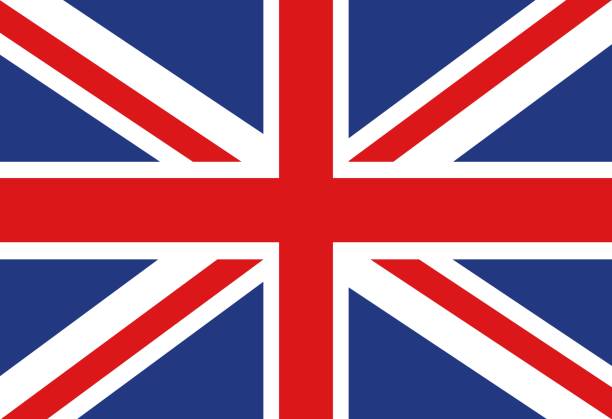

They have applied frequency drops to the grid at different peak hours in order to increase the production rate in a nominal way. The frequency and voltage below the permissible limit can cause damage to the electricity network and the electrical appliances of the customers.The burning of people's electrical appliances has increased manifold in the past days and there is no compensation.The quality of power and the rights of subscribers is the missing link in Iran's electricity industry.The Ministry of Energy does not calculate the costs imposed on the people caused by the blackouts, nor does it compensate the subscribers in case of deviation from the standards of the quality of the delivered power, but it does not relieve any pressure on the subscriber. When people are deprived of their minimum rights in the supply of sustainable electricity, it seems strange to talk about the quality of the power delivered to the people.
The very high consumption of the network in these days, especially during the daily peak hours and its coincidences with the increase in the country's air temperature, has caused the melting of power wires, overloading of transformers, and the operation of frequency relays to protect the network.
In operation with full load or overload, the losses increase and the temperature of the equipment increases. The melting of electrical equipment and wires and cables in the heat of summer is one of the important reasons for unplanned blackouts.
This amount of consumption has drastically reduced the quality of the power delivered to the subscribers, so that many subscribers actually experience a voltage lower than the standard level. Voltage reduction in high throughput, especially at the end of lines in distribution networks, has become one of the most important causes of damage to household electrical equipment and appliances.
In addition, in the past few days, the country's major stakeholders in the electricity industry have deliberately imposed a frequency drop on the grid at different peak hours in order to be able to increase the amount of production in a nominal manner. The decrease in network frequency is not measured anywhere, and subscribers are unaware of its losses. The operation of Iran's electricity grid, which should be done at a frequency of 50 Hz, is decreasing these days, especially during peak hours of 0.1 Hz and even more!
Lower frequency and voltage than the permissible limit can damage the electricity network and electrical appliances of customers and cause problems in their performance. We have received several reports of burning people's electrical appliances in the past few days or have been published in other media, which indicate that there has been a tsunami of burning electrical appliances.
Frequency and voltage drops can increase harmonics and decrease network efficiency. Wrong operation of protective relays, measurement errors, increased losses, etc. are among the damages caused by the increase in network harmonics.
Addressing the issue of power quality and the rights of subscribers is the missing link in Iran's electricity industry. The Ministry of Energy does not calculate the costs imposed on the people due to blackouts, nor does it compensate the subscribers in case of deviation from the standards of the quality of the delivered power. But on the other hand, it accuses people of misconsumption, and although it admits that at most 10% of the people are overconsumers, it refuses to respect the basic rights of subscribers under this pretext.
The instruction on "How to Investigate and Estimate Damage to Domestic Customers" has been prepared by Gholamreza Khosh Khalq, former deputy of Tavanir Distribution Coordination and current CEO of Tehran Regional Electricity Company, and has also been approved by Homayoun Haeri, former CEO of Tavanir Company and current Deputy Minister of Energy.
This directive has been communicated to electricity distribution companies across the country for implementation. But is it considered and do the subscribers have a place to receive their compensation?
A directive that compensates the damages much less than the actual amount, and subscribers must pass through Haft Khan-e Rostam to reach this small amount of payments. Insurance obligations have also been arranged in such a way that few people can compensate from this place.
 aa
aa

 Order tracking
Order tracking Service request
Service request Karaj Golshahr, Eastern Villa, Parveen St., Shahadai Daeshamaz Blvd., No.-78
Karaj Golshahr, Eastern Villa, Parveen St., Shahadai Daeshamaz Blvd., No.-78





